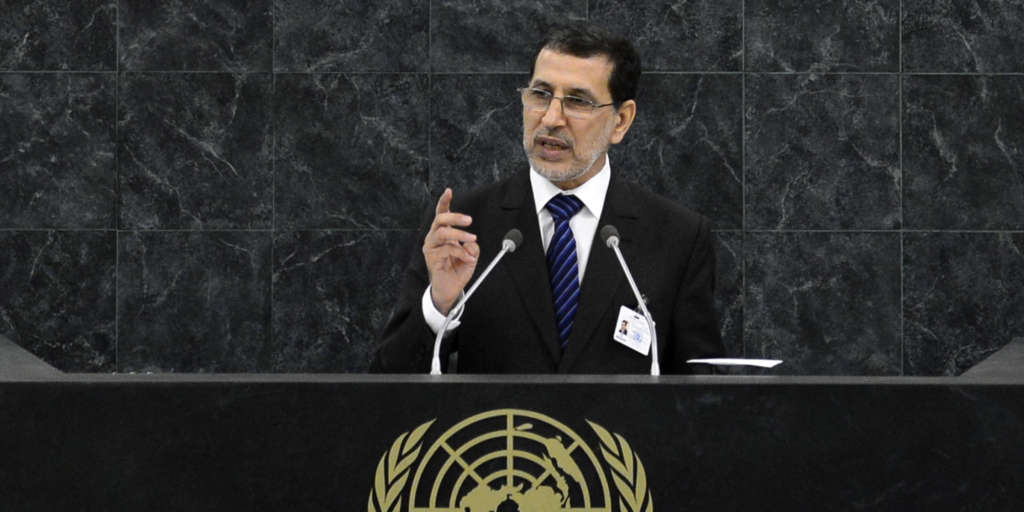Rabat – Morocco’s King Mohammed VI appointed on Friday Saad Eddine El Othmani of the Islamist Justice and Development Party (PJD) as the country’s new prime minister and asked him to form a government.
The king announced on Wednesday he would replace Abdelilah Benkirane as prime minister with another member of the PJD in an effort to break a five-month post-election deadlock that left the North African state without a government.
Othmani was foreign minister from 2012-2013 and had most recently served as the head of the PJD’s parliamentary group.
“King Mohammed VI has received in the Royal Palace in Casablanca Saad Eddine Othman and appointed him new Head of Government in conformity with the constitution, and tasked him with forming the new government,” a statement by the ministry of the Royal Household, Protocol and Chancellery announced.
Following the royal reception, Othmani did not give any statement regarding the terms he will negotiate his potential allies based on.
Othmani told reporters when he arrived to Benkirane’s house that discussing the participation of the Socialist Union of Popular Forces (USFP) or any other party in the government is still very early.
“I am proud of the confidence given to me by the King to appoint me as the prime minister,” he told reporters.
“This is a heavy responsibility in this critical political circumstance,” he said, adding that he will work as hard as he can to meet everyone’s expectations.
During negotiations, the PJD had expressed its intention to form a government based on a coalition of parties, which includes the National Rally of Independents (RNI), Party of Progress and Socialism (PPS), and the Popular Movement.
PJD’s relations with a former coalition partner, the conservative Istiqlal party, soured over economic reforms, meaning it had to enter talks with other parties. Some palace loyalists are uncomfortable sharing power with Islamists.
The RNI, under the leadership of current Minister of Agriculture and Fisheries and close friend of the king, Aziz Akhannouch, has tried to impose a bloc of four minor parties into the coalition, which would weaken the PJD sway.
Negotiations stalled mostly over the RNI’s insistence on including the USFP, which the PJD has rejected, citing its poor performance in elections.
The PJD is due to host a national council meeting on Saturday to decide its next steps.
